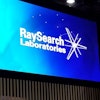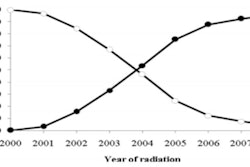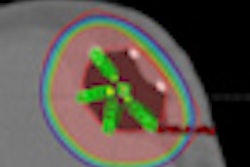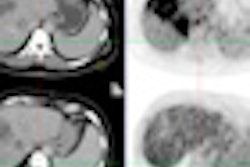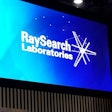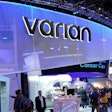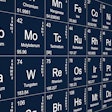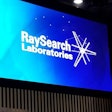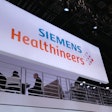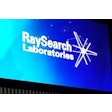It isn't an everyday occurrence for two medical device industry leaders to announce a collaboration, but such an event occurred last week between radiation therapy firm Varian Medical Systems and multimodality vendor Siemens Healthcare.
The companies announced that they will work together to provide advanced diagnostic and therapeutic devices and services for treating cancer. In an exclusive interview with AuntMinnie.com, Tim Guertin, president and CEO of Varian, and Walter Märzendorfer, CEO of Siemens' radiation oncology and CT divisions, provided additional details on their new partnership.
In December 2011, Siemens changed its long-term strategy of providing equipment for the radiation oncology market, announcing that it was ending sales of linear accelerators and exiting the market segment. The company said it would honor existing orders through the end of 2011, provide a major software upgrade as planned for its linac systems in spring 2012, and continue indefinitely to provide maintenance and support services to its installed base.
Not included in the announcement was that Siemens was also looking for a partner in the therapy equipment market segment of radiation oncology.
"We needed to find a strong partner on the therapy equipment side," Märzendorfer said. "There is a strong trend in the field of integration of treatment units with imaging equipment because imaging is often performed immediately prior to radiotherapy treatment or even during treatment."
Varian and Siemens share many of the same philosophies about product innovation and corporate culture, as well as orientation to healthcare providers and their patients, according to the executives.
The companies plan to initiate joint research and development programs in the future, but the immediate focus and top priority will be to create a strong interface between Siemens' diagnostic imaging modalities and installed linear accelerators and Varian's Aria oncology information system.
"Siemens has about 2,000 machines in its installed base, and Aria does not have good connectivity with many of them," Guertin said. "A strong interface will provide greater choice to Siemens' existing customers."
The partnership also provides sales advantages to both companies. The Varian sales team can provide access to its specialized radiation oncology customer base, and Siemens is well-established in geographic regions of the world where Varian is not.
Sales teams of both companies will continue to work independently, but they will also sell each other's products. Guertin noted that when Siemens has a very large contract that includes one or more radiation therapy modalities, it will be easier for Varian's products to be bundled into the contract.
Each company will retain autonomy for contract negotiation and be responsible for contract terms and conditions. Varian is planning to immediately start working with Siemens in all countries of the world except the U.S. In late fall, both companies will be contractually free to work together in the United States.
No job reductions are planned by either company. When Siemens announced its exit from the linac business, it said that up to 1,000 jobs would be eliminated. Job reductions have occurred, but no additional ones are planned. Rather, the companies hope that increased sales as a result of the partnership will eventually lead to job creation, the executives said.
The first formal meeting of the global sales teams is planned for May at the European Society for Radiotherapy and Oncology (ESTRO) annual meeting in Barcelona, Spain.


